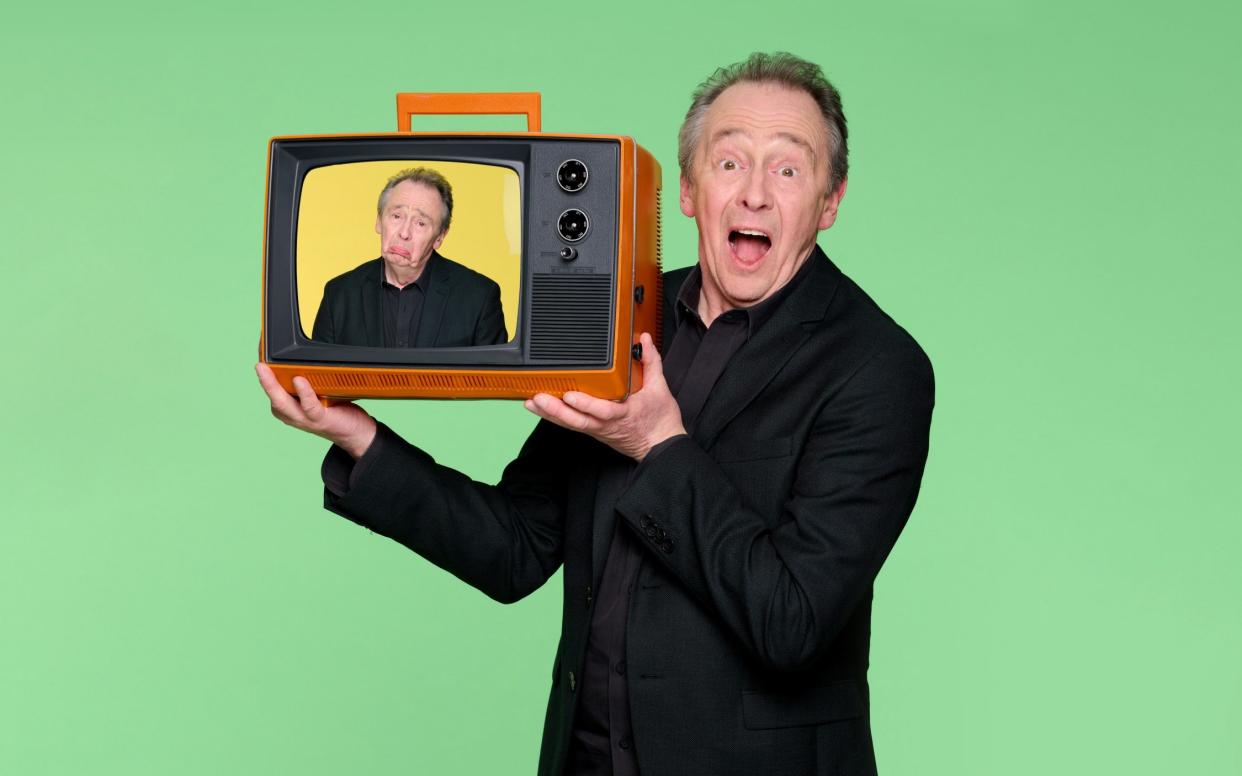Paul Whitehouse’s Sketch Show Years, review: is Benny Hill really a forgotten comedy genius?

Is it time to give Benny Hill the respect he deserves? Paul Whitehouse thinks so. In Paul Whitehouse’s Sketch Show Years (Gold), a love letter to the comedy genre, we’re treated to clips from The Benny Hill Show. In the 1970s, it attracted audiences of 20 million and was regarded as saucy postcard humour. However, Hill’s career fizzled out at the end of the 1980s, as Whitehouse laments: “Despite his shows being huge in America, he was falling foul of the ‘you can’t say that no more’ rule here at home… a real shame, because Benny Hill was much more than a bawdy, burlesque performer. He obviously had a brilliant comedy brain.”
Perhaps it isn’t just political correctness that has made Hill something of a footnote. The Telegraph recently published an estimable list of the 50 greatest TV comedies of all time. Few could argue with its top three – Fawlty Towers, Dad’s Army and Only Fools & Horses – or the inclusion of shows such as Peep Show, Father Ted, Porridge and Yes, Minister. But there were very few sketch shows in the overall list, with only Monty Python’s Flying Circus and The Fast Show (starring Whitehouse) featuring in the top 20. The vast majority of the entries were sitcoms, because they are the shows we love the most.
Whitehouse’s series is a four-part celebration of this neglected niche. He is here to remind us of great sketch show performers of the past, including Hill, Dick Emery and the wonderful Les Dawson. Episode one takes us up to the 1980s and the arrival of alternative comedy. It is a potted history, from musical hall to Morecambe and Wise via Tommy Handley, The Goons and Pete and Dud. Whitehouse whizzes through this, reading from a script in voiceover. He’s an intelligent man and I’d love to hear more of his thoughts on changing standards in comedy, but there isn’t the space.
Instead, the show is best enjoyed for its clips. There are no surprises, because Whitehouse makes no apology for re-sharing the best-known sketches: Peter Cook and Dudley Moore in the art gallery, Monty Python’s dead parrot, The Two Ronnies with Four Candles, Eric Morecambe telling André Previn that he’s playing all the right notes but not necessarily in the right order. The most perfect joke occurs in the opening credits – it’s from Not the Nine O’Clock News, which is covered in episode two. Mel Smith is a professor being interviewed beside Gerald, a gorilla he captured in the Congo. “When I caught Gerald in ‘68, he was completely wild,” says the professor. The gorilla interrupts: “Wild? I was absolutely livid.”
